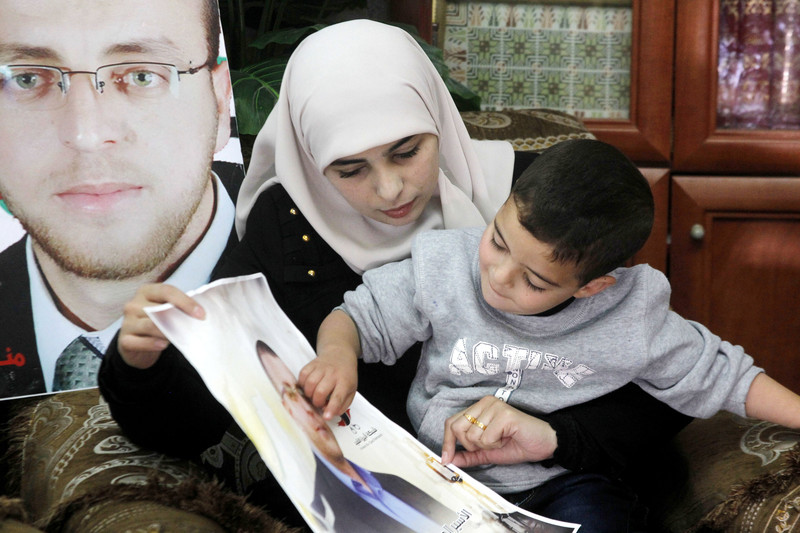How do you know when it’s election season in Egypt? The arrests mount up.
In what has become a regular pre-election ritual, Egyptian police and security officials have arrested more than 150 members of the Muslim Brotherhood since the group announced that it will participate in Nov. 29 parliamentary elections. More than 70 members were arrested just in the past few days.
It’s not just the Muslim Brothers feeling the crackdown. In the past few weeks, other political opponents have been detained, including Gamila Ismail, wife of Ayman Nour, a former leader of the El Ghad party who was convicted and sentenced to jail after being the first runner-up in the 2005 presidential campaign. Ismail was released after being detained.
The pre-election arrests follow the pattern established in previous parliamentary and presidential elections, with the Muslim Brothers often taking the greatest brunt of the crackdown. But if the arrests no longer surprise, the Egyptian government’s contempt for the basic premises of free and fair elections still brings outrage.
“If the forthcoming elections are to be fair and credible, the Egyptian government must ensure that they are conducted on a ‘level playing field’ and uphold the rights to freedom of association of all candidates and their supporters,” said Malcolm Smart, Amnesty International’s director for the Middle East and North Africa. (The complete Amnesty International statement can be found here.)
The arrests come at the same time that a ruling party official provided the strongest indication that Egyptian President Hosni Mubarak will run for re-election in presidential race scheduled for 2011. If the 82-year-old Mubarak runs again, the crackdown for this year’s parliamentary election has the potential to be a tune-up for a harsher effort next year.
What will the world’s response be? In past years, allied governments have looked the other way as the Mubarak government has crackdown on election opponents. These crackdowns make a mockery of the electoral process and the idea that the people should be free to elect their representatives. If the world continues to be a silent audience, and is a mere onlooker to the injustices being committed in Egypt it will have betrayed the values of human equality and dignity that are at the core of all human rights.

 As Palestinian hunger striker Khader Adnan verged dangerously on the border between life and death, much of the world turned its collective gaze toward Israel and the Occupied Palestinian Territory.
As Palestinian hunger striker Khader Adnan verged dangerously on the border between life and death, much of the world turned its collective gaze toward Israel and the Occupied Palestinian Territory.
